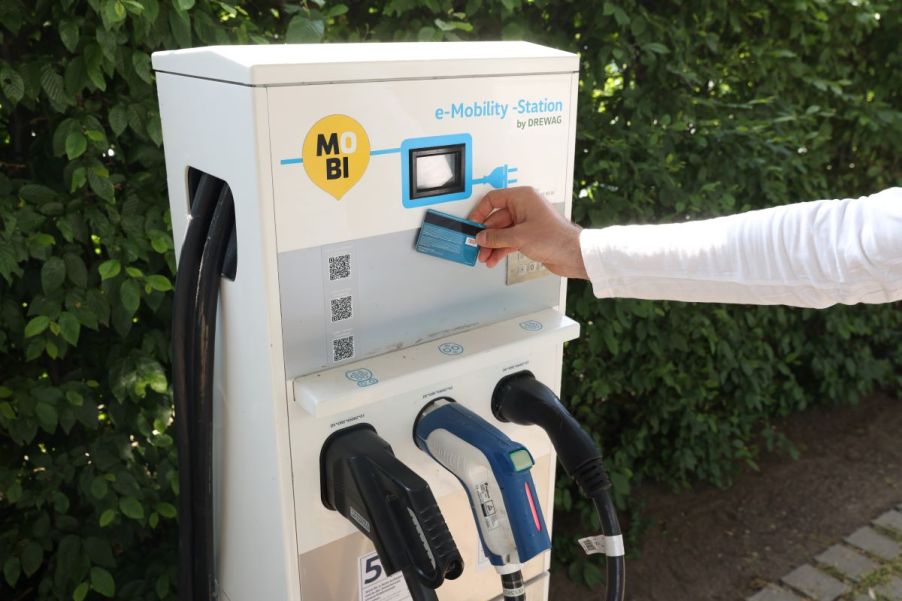
Hackers Are Targeting EV Charging Stations
The growing number of EV charging stations in the U.S. and worldwide allows more drivers to easily access the convenience and eco-friendliness of driving an electric vehicle. However, there’s a major downside to these rapidly appearing EV charging stations: they are surprisingly vulnerable to cyberattacks from hackers.
EV charging station attacks are becoming more common

Can EVs be hacked? The answer is yes—and as electric vehicle tech gets more advanced, EV cyberattacks are getting more common. The risk of EV hacking rises as more and more charging stations appear on the map.
Per Automotive News, most EV hacking used to come from “white-hat” hackers—professionals electric-vehicle companies hire to test their security systems. These white-hat hackers break into systems to help manufacturers find weaknesses and fix them. But for the first time in 2021, “black-hat” hackers were the majority. These attackers operate illegally and usually are looking for ways to make money.
Cyberattacks against electric vehicle charging stations may only get worse
The consequences of EV hacking range from inconvenient to devastating. In April, cyber attackers broke into three EV charging stations in England—but the hackers just displayed pornography on the screens. Likey, that was just a prank. However, attackers have hacked some electric cars in ways that affect the car’s abilities.
These include decreasing the battery’s capacity, messing with headlights, disabling the brakes, or even taking control of the steering mechanism. The possibilities are scary. Typically, cybercriminals hack electric cars to hold the vehicle, or the charging station, for ransom.
Not all hackers are looking to profit, though. In February, hackers carried out an attack against a Russian EV charging station, displaying insults and pro-Ukrainian slogans to protest the war.
Who are hackers targeting?

So far, there aren’t consistent patterns for the electric vehicles that hackers target. However, likely targets are any that involve significant monetary transactions. The costs to charge an electric vehicle aren’t very high, so attacking individual EV charging stations likely won’t be very profitable.
Automotive News reports that hackers will likely target EV fleet charging centers more heavily. The average electric vehicle owner probably isn’t motivated to pay large amounts of money to free a home EV charging station. However, a company that relies on a massive fleet of electric vehicles to run its business? The risks are much higher.
How to protect your EV from getting hacked

Unfortunately, since cyberattacks are so high-tech, there’s little that the average driver can do to prevent hackers from accessing their electric cars. The University of Georgia (UGA) is currently researching cybersecurity solutions for connected and automated electric vehicles (CAEVs) but directs the majority of current safety guidance toward manufacturers.
Jin Ye, an assistant professor at UGA and the director of the Intelligent Power Electronics and Electric Machines Laboratory, provides a few critical areas for automakers to focus on:
- Secure on-board diagnostics port
- Secure software updates
- Better firewall
- Penetration testing
- Reliable hardware
- Code reviews
One way to protect your EV from hackers is to ensure that your vehicle receives all necessary and recommended software updates. These often happen “over the air,” so you shouldn’t need to do much. However, you can always contact your local EV brand dealership to ensure that your car is up-to-date.
Scroll down to get answers to some of the most common EV charging questions.


